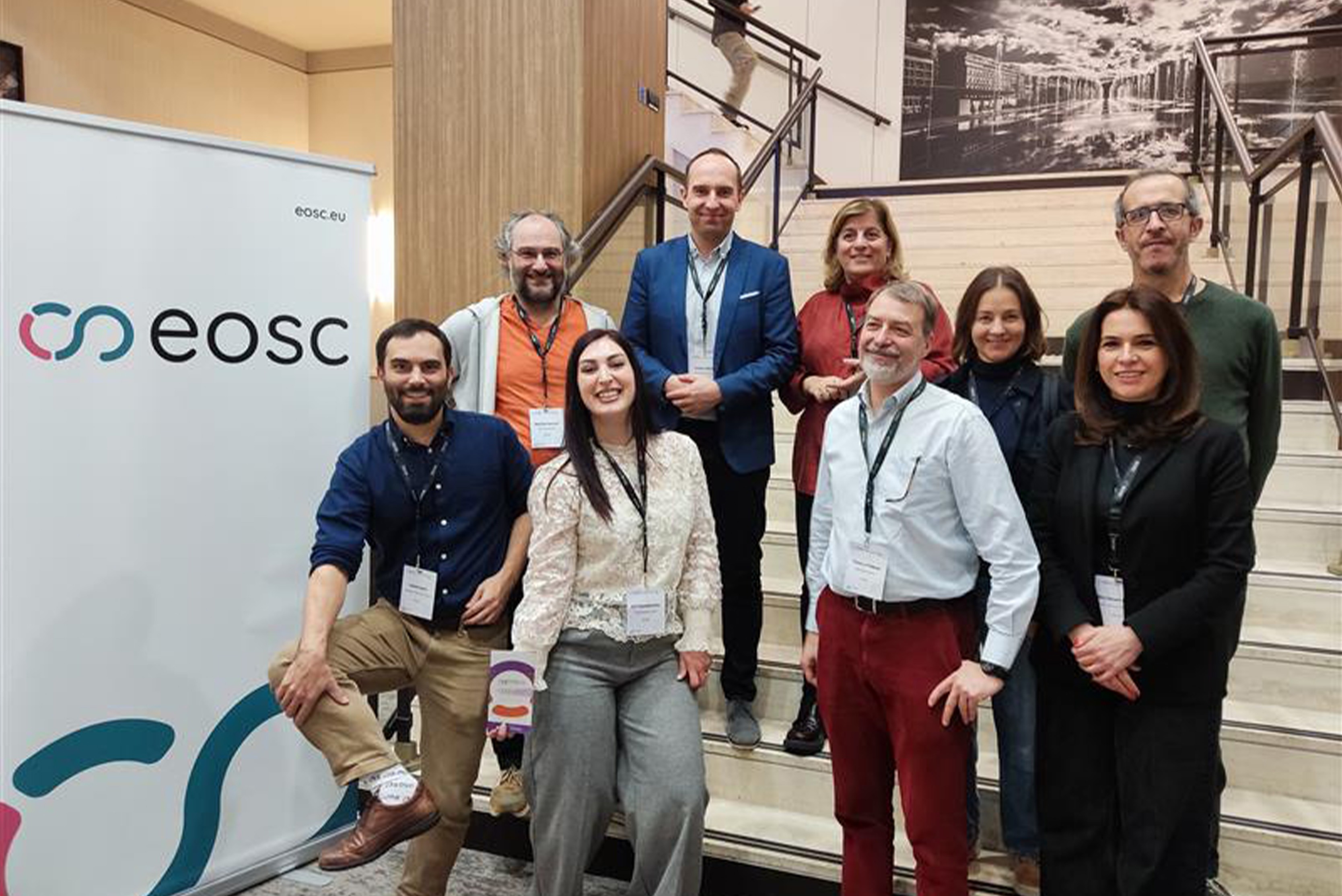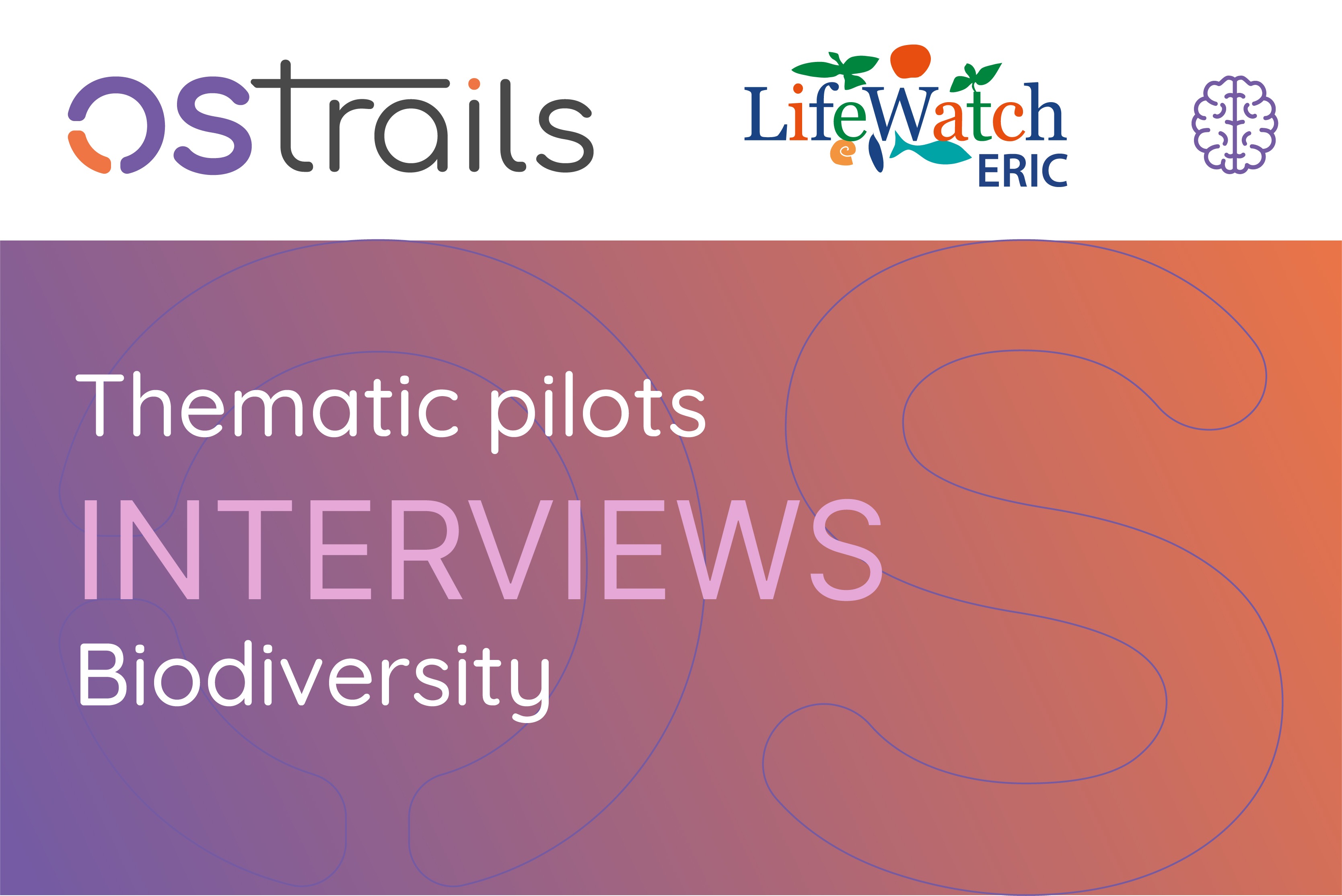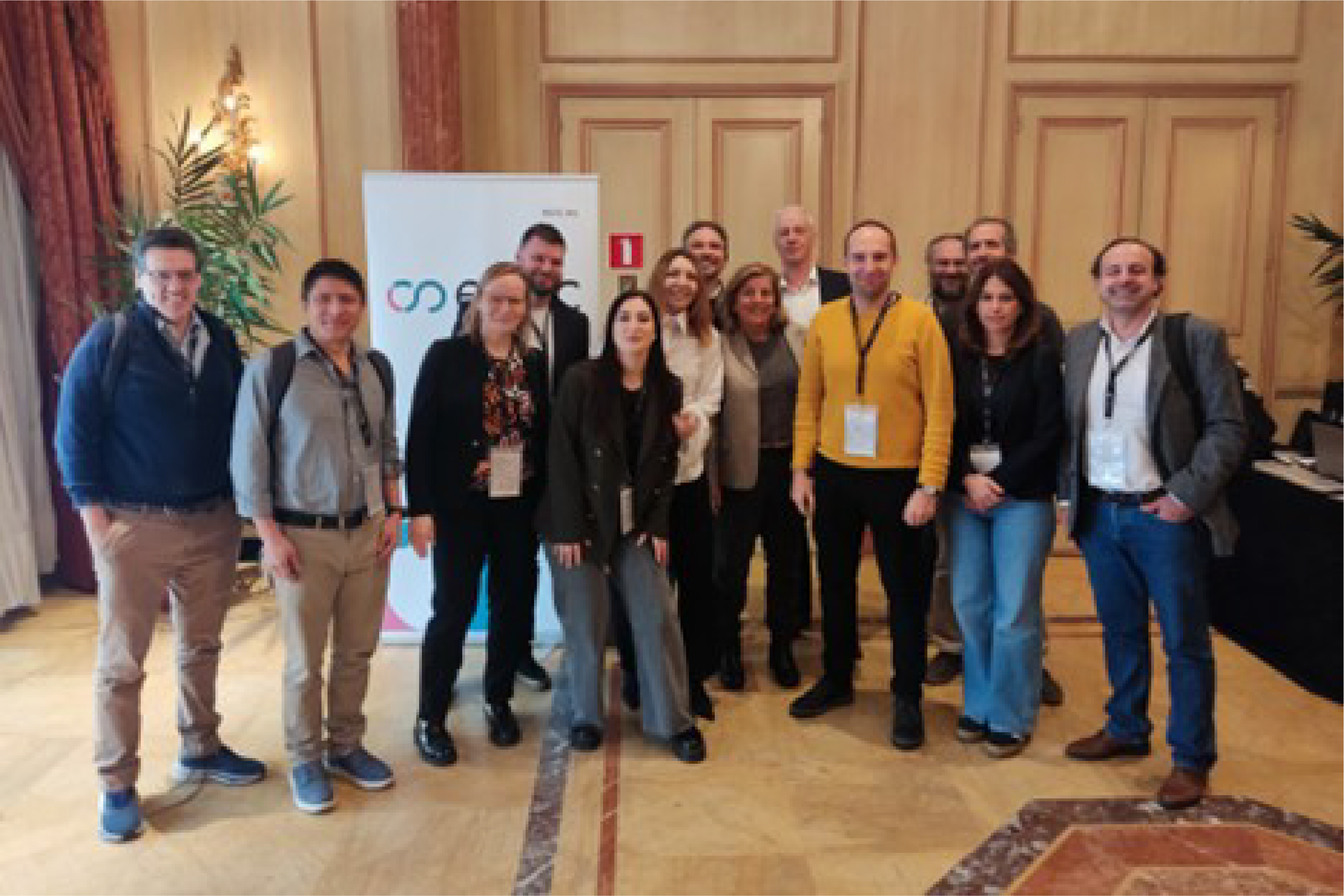Pathways from Geneva: Our ‘Field Notes’ on Interoperability
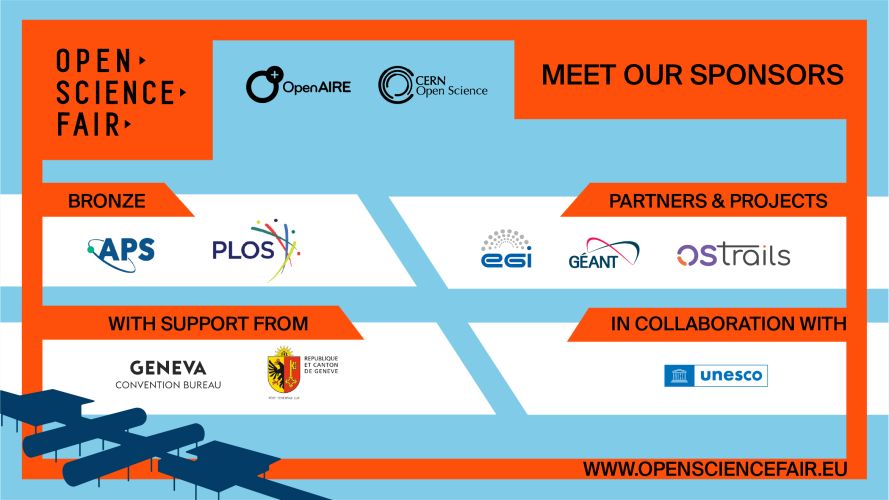
15–17 September 2025, Geneva. From the sponsor booth to hallway conversations, OSFAIR 2025 gave us space to test, stress-check, and present how Plan–Track–Assess pathways work in practice.
All about Open Science. OSFAIR brought 352 attendees across research support teams, funders, infrastructure and service providers, and communities together around five tracks, from Digital Backbone to Research Assessment and Skills & Community. We were there to listen to and compare notes with colleagues and experts from Europe, Asia, and the US, engaging at the booth with universities, national research institutes and academies, international infrastructures, and community networks. Our presentation, “OSTrails: Connecting Tools and Communities for a Federated Open Science Ecosystem ”, gave us the opportunity to explain our modus operandi and engage in conversation with everyone in a lively Q&A.

Below, we share the insights and actions we’re taking forward regarding how systems connect, who is responsible for what, and the steps different professionals follow, presented in the form of field-notes.
Plan - Track - Assess Pathways
Open sponsor-area booth included a board game of OSTrails consisting of:
a. service icons (DMPs, Evaluators, Repositories, FAIR-check tools, SKGs)
b. moveable arrows
c. colour-coded post-its per role (data policy officers, ITs, librarians & data stewards, ethics reviewers, researchers)
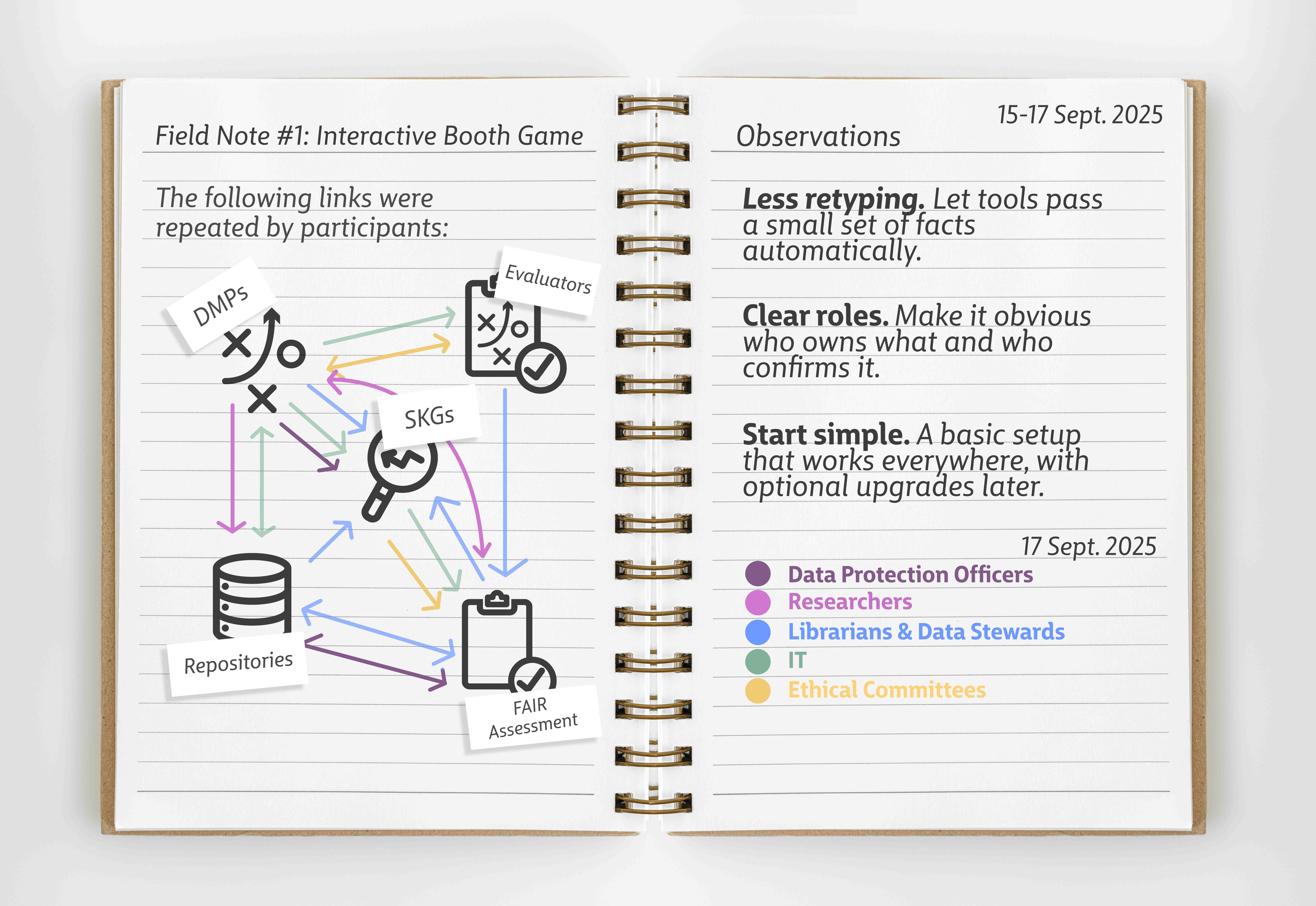
Reflections from participants
• Less retyping. Let tools pass a small set of facts automatically.
• Clear roles. Make it obvious who owns what and who confirms it.
• Start simple. A basic setup that works everywhere, with optional upgrades later.
Useful Resources: D1.1
Interoperability - focused presentation
The presentation covered the Plan–Track–Assess framework as a structured approach to improving research data management and open science practices. It highlighted gaps across Data Management Plans (DMPs), Semantic Knowledge Graphs (SKGs), and FAIR principles, emphasizing the need for better alignment and integration. The session also introduced the OSTrails toolkit and its growing community of pilot projects, showcasing practical implementations that bridge these gaps. Finally, it outlined the training and mentorship roadmap, designed to build capacity, foster collaboration, and support researchers and institutions in adopting sustainable, FAIR-aligned data practices.

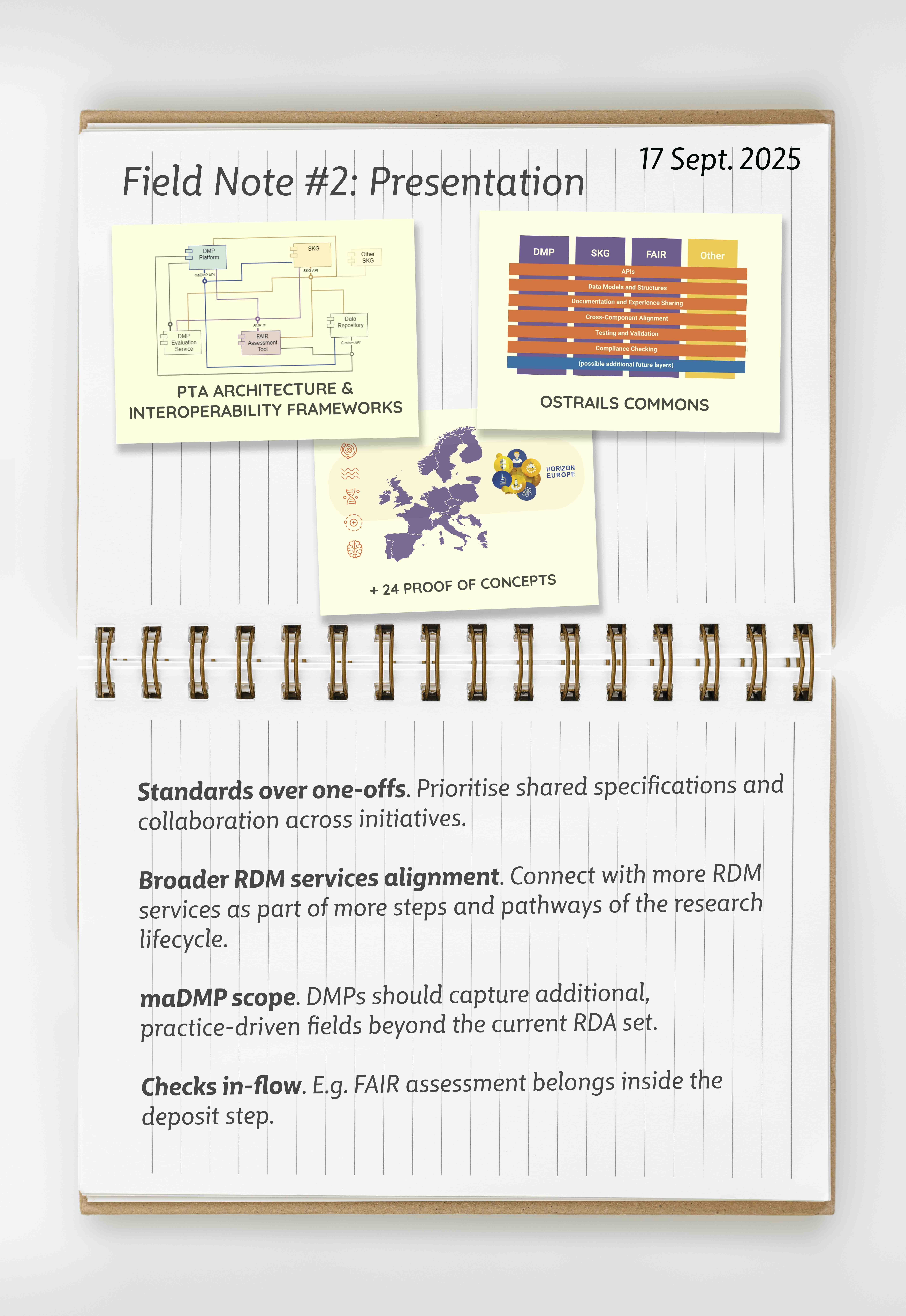
Useful Resources: D1.4
Key takeaways:
- Keep things simple. Use a few core links so people enter information once and reuse it elsewhere.
- Offer core examples that work now. Publish a straightforward, end-to-end set of service interactions with examples of per stakeholder actions.
- Build reviews on facts. Agree with a small, shared set of assessments, send them automatically to reviewers, and loop results back.
- Make it easy to adapt and adapt. Spell out who does what, keep the rules light, and provide short how-to guides.
- Improve by measuring. Track number of links and how often information is reused, and how widely this is adopted, then iterate.
One step closer to our vision!
These steps move us from architecture to practice, towards a federated, FAIR-aligned, machine-actionable ecosystem where researchers do less duplicate work, services interoperate by default, and assessments rely on verifiable tests and documented processes.
Thanks to everyone who leaned in at OSFAIR!
We’d love to continue our discussions, so feel free to reach us at

